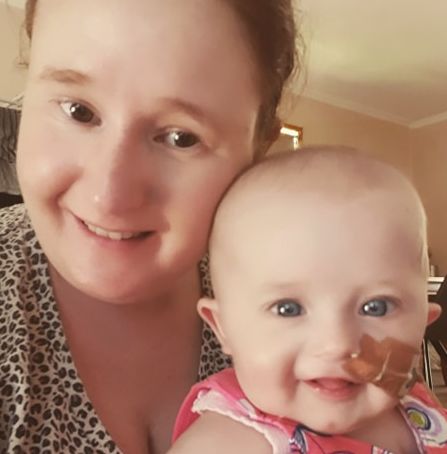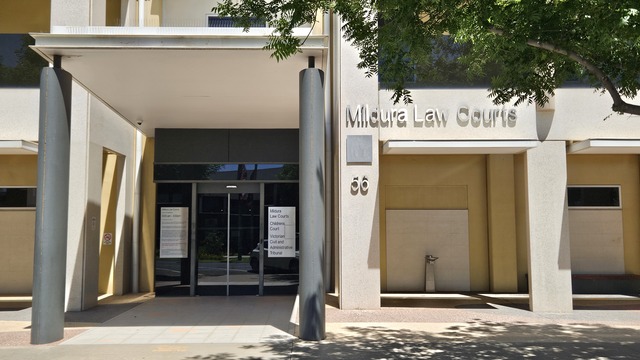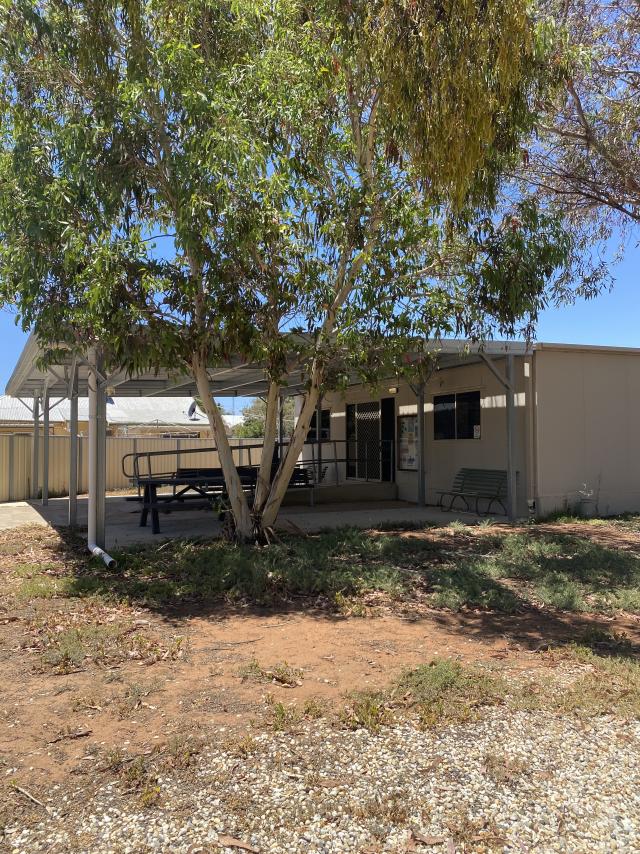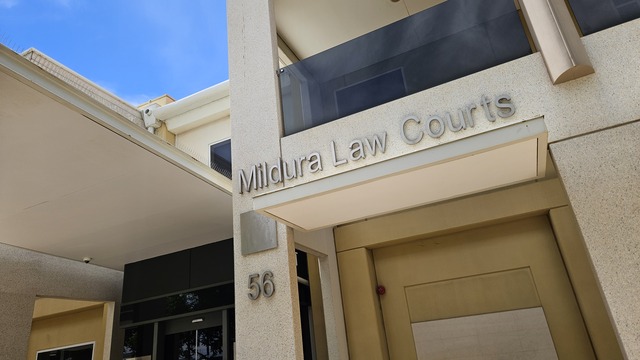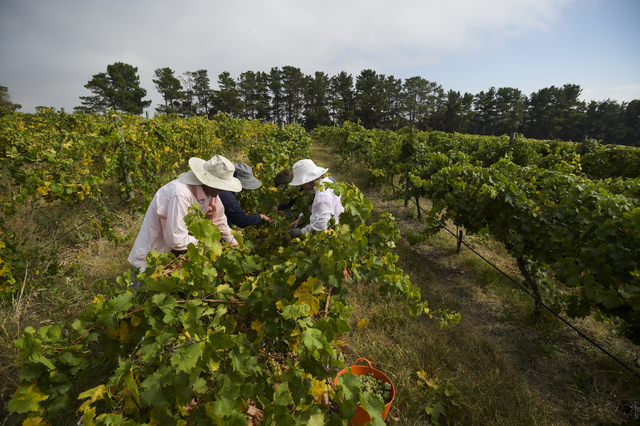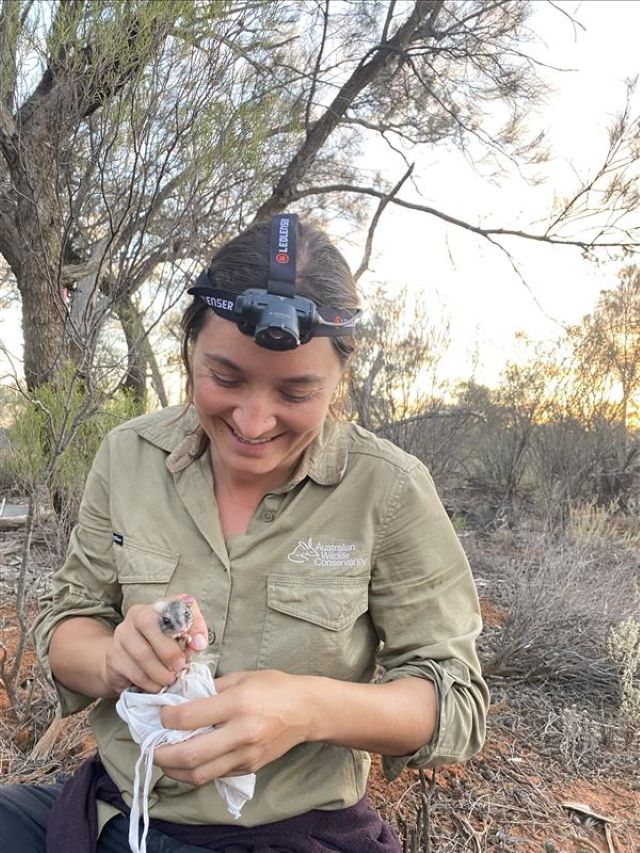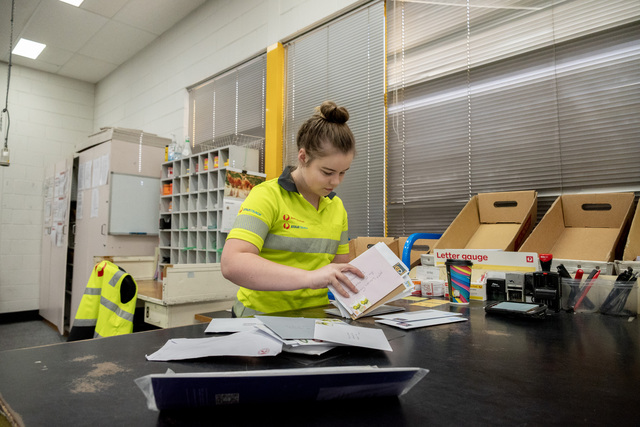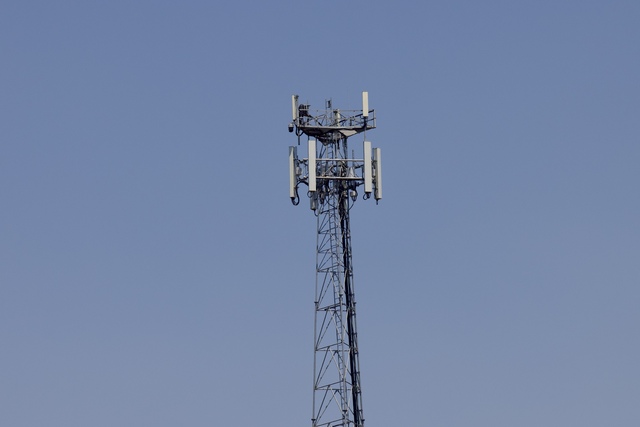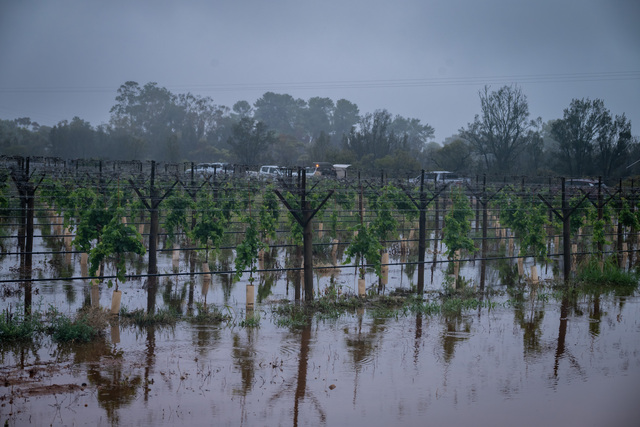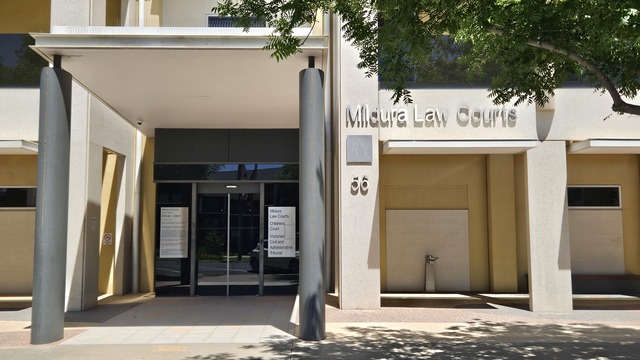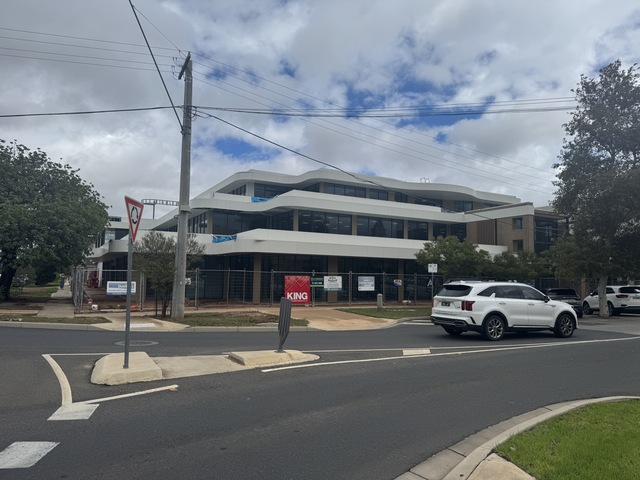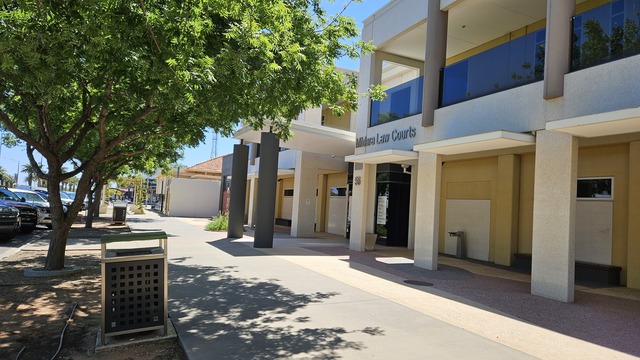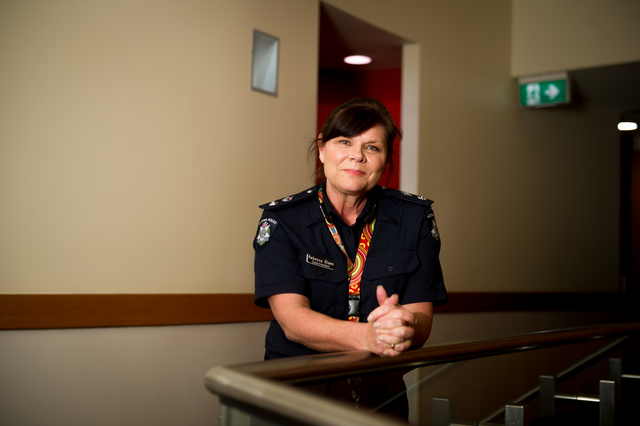A MILDURA mother is urging people to protect their loved ones and the wider community by staying home.
Renae Muller’s seven-month-old daughter Maisey Price was diagnosed with a rare genetic condition called DiGeorge syndrome late in January.
DiGeorge syndrome typically affects the 22nd chromosome and is also known as 22q11.2 deletion syndrome.
About one person in 4000 has the condition, which can result in a weakened immune system and other developmental complications.
Ms Muller and her partner Matt Price were shocked to discover Maisey had DiGeorge syndrome.
“We had no idea as all my pregnancy ultrasounds came back normal,” Ms Muller said.
The condition affects people differently, but for Maisey means she has difficulty swallowing liquids and must be fed through a tube that is constantly attached to her.
It has also caused developmental delays for milestones such as crawling.
Ms Muller and Mr Price originally sought medical treatment for Maisey at the Mildura Base Hospital last year when she developed pneumonia.
“We were transferred to the Royal Children’s Hospital for a full assessment as Maisey was not improving after being in ICU for two weeks,” Ms Muller said.
It was there they discovered she had the syndrome, which can lead to severe reflux that causes aspiration, resulting in pneumonia.
For Ms Muller and Mr Price, the COVID-19 pandemic presents a very real threat to their daughter.
Although the virus is often associated with people aged 60 and older, it poses a risk to people such as Maisey, who have weakened immune systems or other health problems.
Ms Muller said it was important the community took the government-imposed restrictions seriously and stayed at home to help reduce the spread of the virus.
She knows how difficult social isolation can be but is happy to maintain it if it means protecting her child.
“It’s hard, as Maisey would love to go out for dinner and see all the family like she used to be able to,” she said.
“It makes me sad. I miss the way it used to be.”
In the meantime, Ms Muller said the family was thankful for all the support they had received from organisations such as the CHAILIS foundation, Mildura Rural City Council’s maternal and child health services and the NDIS.
Anyone believing they may be at risk of having COVID-19 should call 1800 675 398.

